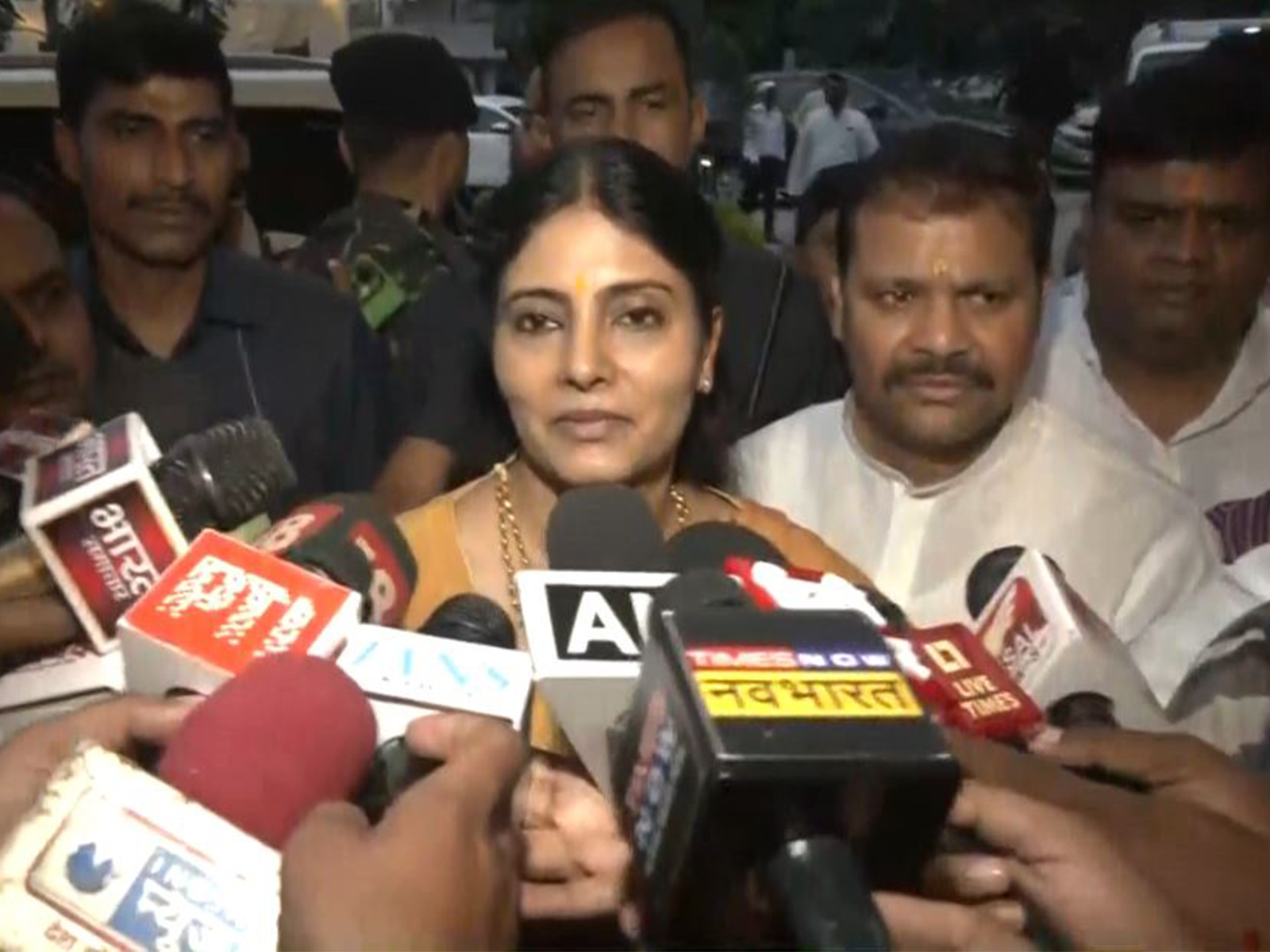Controversial Electoral Roll Revision Sparks Debate Across India
The Election Commission's decision to begin a second phase of updating electoral rolls across 12 Indian states and territories has stirred controversy. While Union Minister Anupriya Patel affirms the move's legitimacy, opposition parties, notably in West Bengal, criticize it as a bid to disenfranchise voters.

- Country:
- India
The Election Commission of India's plan to initiate the second phase of Special Intensive Revision (SIR) across 12 states and Union Territories has ignited a political storm.
Union Minister Anupriya Patel has reiterated the Commission's authority, underscoring its duty to update electoral rolls and eliminate ineligible entries. Patel insists that maintaining a legitimate voter list is paramount and dismisses any concerns about voter confusion.
Conversely, opposition voices, particularly from West Bengal's Trinamool Congress, argue that the revision could unjustly strip voting rights. Trinamool Congress leader Abhishek Banerjee expressed skepticism over the timing and intent of the exercise, coinciding with Chhath festivities. The process aims to conclude by February 2026.
ALSO READ
-
Debate Heats Up Over India's Special Intensive Revision of Electoral Rolls
-
Prashant Kishor Refutes Accusations of Dual Voter Registration Amid Election Commission Scrutiny
-
Tensions Rise Over Special Intensive Revision in West Bengal
-
Chirag Paswan Applauds Election Commission's Finalization of Voter Rolls in 12 States
-
If one eligible voter is deleted from electoral rolls, one lakh Bengal people will hold dharna outside Delhi’s EC office: Abhishek Banerjee.









